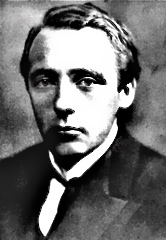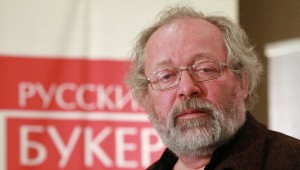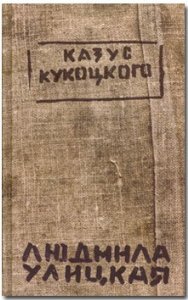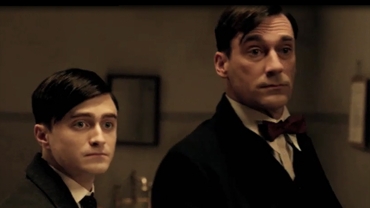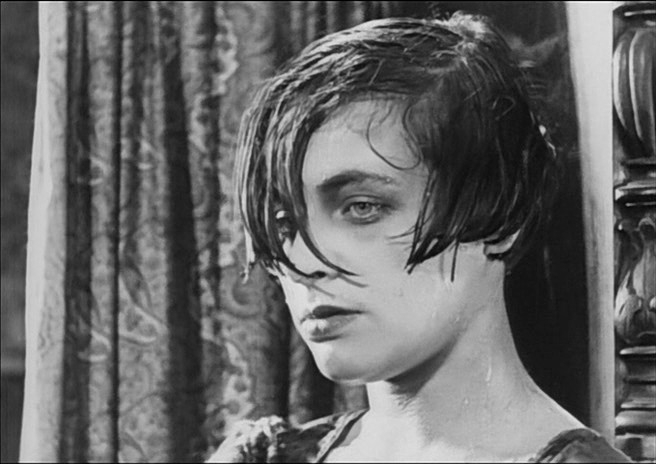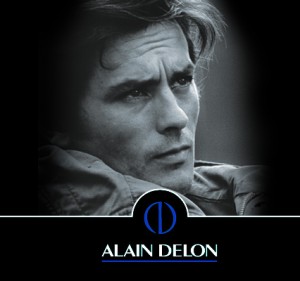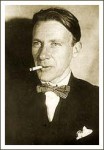
Bulgakov’s A Young Doctor’s Notebook to be aired in the U.S. on the cable channel Ovation.
An article in The New York Times today (July 14, 2013) announced that the British four part mini-series of A Young Doctor’s Notebook, based on the stories of Mikhail Bulgakov and starring John Hamm and Daniel Radcliffe, will air in the U.S. this Fall on the cable channel Ovation. This is especially good news for me as I had managed to view the first episode, but have been unable to find any version, paid or free, of subsequent episodes. Hopefully I will be able to view this series from Ovation’s website, and not have to get cable TV.
Previous to hearing about this production last year, I had not read the collection of Bulgakov’s stories that inspired it—Notes of a Country Doctor. Having decided to read an English translation of this collection before viewing A Young Doctor’s Notebook, and now having seen the first episode, I am more eager than ever to watch the rest as I am interested in how they handled Bulgakov’s unexpectedly dark, and deeply disturbing conclusion. I don’t know what to expect, really, as this production introduces the new and significant element of having the older doctor (Hamm) visiting and engaging with his younger self (Radcliffe) as he stumbles through his first assignment as “a real doctor” in a hospital in remotest rural Russia.
For my first mention of this production and review of the first episode, see my previous posts: Harry Potter and Don Draper do Bulgakov and A Young Doctor’s Notebook- episode 1 reviewed.
Also check out my translations, and discussions, of Bulgakov’s Master and Margarita: The “Foreigner”; My Approach to Translating Prose; The Old-Timers in Moscow Will Remember!; The Nature in Bulgakov’s Names; The Dread Pirate Archibald Archibaldovich.
© 2013, John Dougherty. All rights reserved


